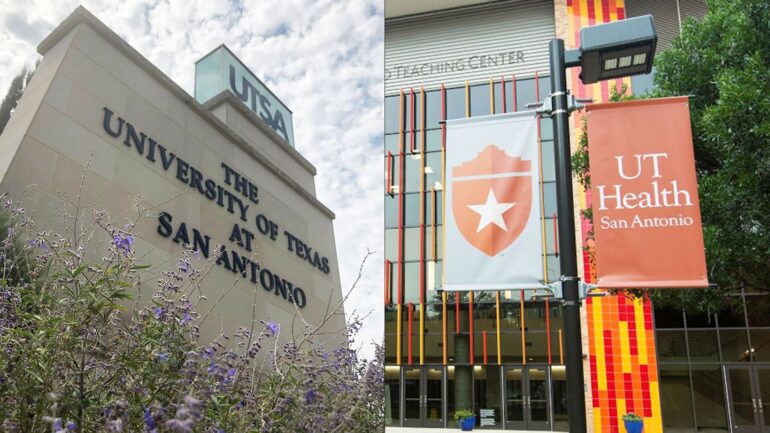TL;DR:
- UT Health San Antonio and UTSA launched the first dual MD/MS program in the US, combining medicine and AI.
- AI in healthcare improves patient experience, diagnostics, and administrative processes.
- Graduates will lead in research, education, industry, and healthcare administration.
- UTSA offers a multidisciplinary MS in Artificial Intelligence program.
- Students conduct research in AI solutions at MATRIX: The UTSA AI Consortium.
- Program bridges medicine and AI, shaping the future of healthcare.
Main AI News:
In the ever-evolving landscape of healthcare, where technology continues to reshape the boundaries of medical practice, a groundbreaking initiative has emerged to solidify the union between medicine and artificial intelligence (AI). The Joe R. and Teresa Lozano Long School of Medicine at The University of Texas Health Science Center at San Antonio (UT Health San Antonio) and the University College at The University of Texas at San Antonio (UTSA) have introduced a remarkable program, marking the inception of the first dual degree in medicine and AI in the United States.
The convergence of medicine and AI represents a pivotal moment in healthcare’s trajectory, where the potential to revolutionize diagnostics and treatments looms large. In this visionary five-year MD/MS program, physicians-in-training will embark on a journey that marries the art of medicine with the science of artificial intelligence. Graduates of this program will emerge as the architects of the future, wielding the transformative power of AI to enhance healthcare delivery.
The implications of this collaboration are profound. AI’s presence has already been felt across various facets of healthcare, from tailoring personalized treatment plans to orchestrating robotic surgeries and optimizing drug dosages. UT Health San Antonio and UTSA are committed to further harnessing AI’s capabilities in healthcare, with ongoing research initiatives aimed at advancing diagnostics and treatment modalities.
According to the World Economic Forum, the integration of AI into healthcare promises reduced wait times, improved hospital efficiency, and data-driven predictions of patient care. Administrative processes, such as online scheduling, appointment check-ins, and medical record digitization, are becoming more seamless, thanks to AI’s prowess.
Dr. Ronald Rodrigues, MD, PhD, the program’s director, envisions a future where graduates will assume leadership roles in research, education, academia, industry, and healthcare administration. By combining medical expertise with applied artificial intelligence training, these individuals will be at the forefront of shaping the healthcare landscape for all.
The UTSA MS in Artificial Intelligence offers a multidisciplinary curriculum with three distinct tracks: data analytics, computer science, and intelligent and autonomous systems. Students will also have the privilege of conducting research alongside esteemed professors at MATRIX: The UTSA AI Consortium for Human Well-being, a research-intensive environment dedicated to pioneering AI solutions that benefit society.
This pioneering endeavor began with a pilot program in 2021, and it is set to bear its first fruits in the spring of 2024 when the inaugural MD/MS graduates emerge. For these students, possessing both medical and AI degrees unlocks a realm of possibilities, allowing them to bridge the gap between two seemingly disparate worlds.
Aaron Fanous, a fourth-year medical student, envisions a future where physicians seamlessly navigate the realms of technology and clinical practice. Eri Osta, another fourth-year medical student, anticipates aligning patient needs with technological potential to usher in a more connected and efficient healthcare future.
Acceptance into the dual degree program necessitates a brief hiatus from medical education to complete two semesters of AI coursework at UTSA, culminating in 30 credit hours. This includes core courses, a concentration in Data Analytics, Computer Science, or Intelligent & Autonomous Systems, and a transformative capstone project.
Conclusion:
The launch of the first US dual MD/MS program in medicine and AI represents a significant leap forward in healthcare innovation. This pioneering initiative not only prepares future medical practitioners to harness AI’s potential but also positions them as leaders in shaping the future of healthcare. The integration of AI into healthcare processes promises increased efficiency and enhanced patient experiences, signaling a transformative shift in the healthcare market towards more data-driven and technologically advanced practices.

